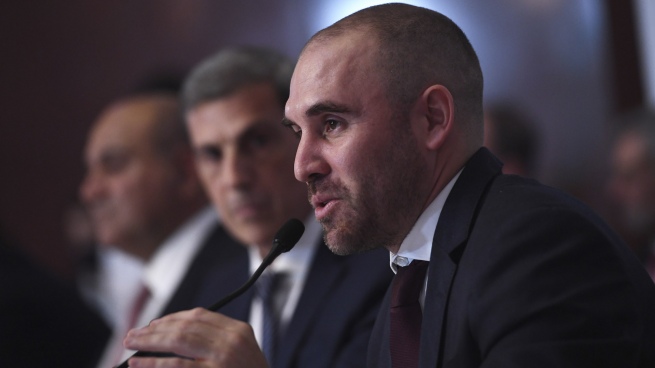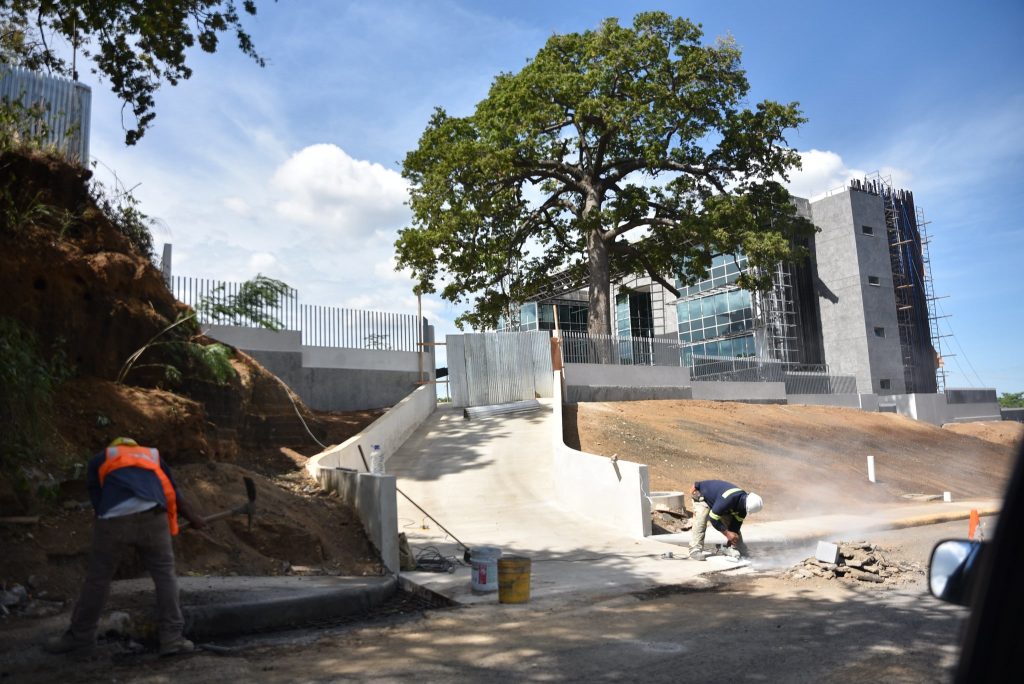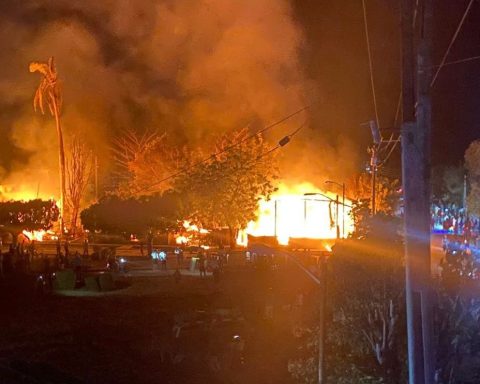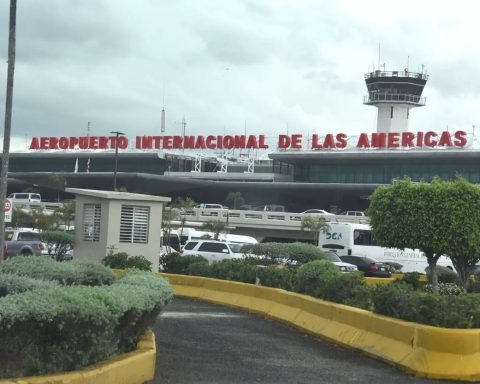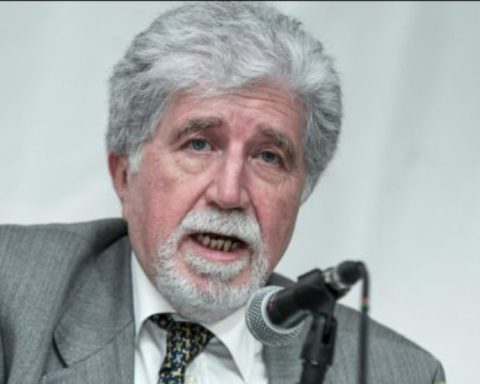The Minister of Economy, Martín Guzmán, assured this Monday that the national government has the “firm objective” of reducing energy subsidies and that the speed at which it does so will be linked to “contingencies” that may occur in terms of the situation local climate and the evolution of the geopolitical context -such as the war between Ukraine and Russia- that affect the values of the liquefied natural gas that the country needs to import for the winter.
This was expressed this Monday afternoon by the head of the Treasury Palace when presenting the agreement with the International Monetary Fund in the Budget and Treasury Commission of the Senate, where he reiterated that The national government is working on “adapting the regulation scheme” so that the “investment of scale” that the energy sector needs can be counted on.
Referring to the energy chapter contemplated in the agreement with the IMF, Guzmán assured that “there is a firm objective of gradually being able to reduce subsidies,” but he stressed that it must also be taken into account that “there are speeds that become feasible in relation to contingencies that arise in the national and international climate scenario”.
“There are factors that are beyond the control of the national government, one is the hydraulic situation; the drought situation is outside of what the government can do. Another is the international situation and what is happening in the context of the situation geopolitics with the price of LNG, with the price of energy in general”, precise.
The minister emphasized that “The world is experiencing an energy crisis” and as such “it is one of the main problems that is being experienced in the entire productive, energy and consumer matrix”, so “there is a context that has been changing, that continues to change, and that going forward is going to present different contingencies because there is no way to be certain of what will happen with the war”.
The head of the economic portfolio also explained that the Argentina has “a great opportunity for development”, but the sector needs “conditions of greater macroeconomic stability”.
In that sense, he assured that “there are companies attentive to making this investment of scale and they follow with a very strong attention what is being discussed in the Senate, in the possibility that Argentina is resolving its tensions in its balance of payments”.
“We have the capital regulations that were implemented in 2019 by the previous administration and have been evolving in our administration, with a sense of defensive nature in the face of the capital outflow situation, including the short-term financial speculation funds that they put a lot of pressure on the exchange front”he explained.
But he acknowledged that “for there to be investment of scale, it is important to gradually adapt this regulatory scheme, particularly for the energy sector.”
He also understood that in order to generate an increase in the scale of production, it is necessary to have “YPF playing its role”, pointing out that the majority state-owned company “has been experiencing a very strong recovery in the last year, in a context in which it had the opportunity to normalize financial conditions.”
“At the same time, it carried its policies in the context of the policies that the State carried out in order to travel a very strong path of recovery of investment and production,” he assured.
